S-phase checkpoints regulate appressorium-mediated plant infection by rice blast fungus
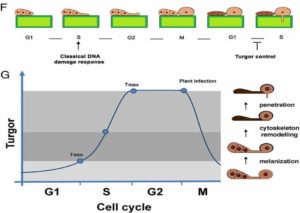 The rice blast fungus Magnaporthe oryzae causes a devastating disease of rice that can reduce harvests by 30%. Infection of plant tissues by the fungus requires the formation of an appressorium, a specialized structure that builds up sufficient pressure to burst through the plant cuticle. Previous work showed that cell cycle progression is required for appressorium formation and function. et al. identified two indpendent S-phase checkpoints that operate over two successive cell cycles and are both required for infection. Through genetic and inhibitor studies, the authors found that the first checkpoint responds to classic DNA damage signals, but passing through the second checkpoint requires appressorium turgor pressure buildup. Significantly, if this process is blocked, infection cannot occur. Proc. Natl. Acad. Sci. 10.1073/pnas.1611307114
The rice blast fungus Magnaporthe oryzae causes a devastating disease of rice that can reduce harvests by 30%. Infection of plant tissues by the fungus requires the formation of an appressorium, a specialized structure that builds up sufficient pressure to burst through the plant cuticle. Previous work showed that cell cycle progression is required for appressorium formation and function. et al. identified two indpendent S-phase checkpoints that operate over two successive cell cycles and are both required for infection. Through genetic and inhibitor studies, the authors found that the first checkpoint responds to classic DNA damage signals, but passing through the second checkpoint requires appressorium turgor pressure buildup. Significantly, if this process is blocked, infection cannot occur. Proc. Natl. Acad. Sci. 10.1073/pnas.1611307114



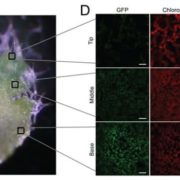
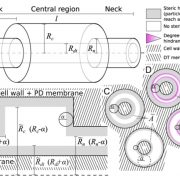
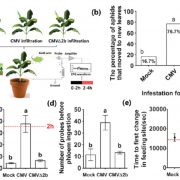
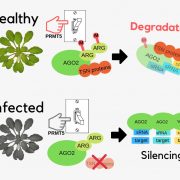



Leave a Reply
Want to join the discussion?Feel free to contribute!